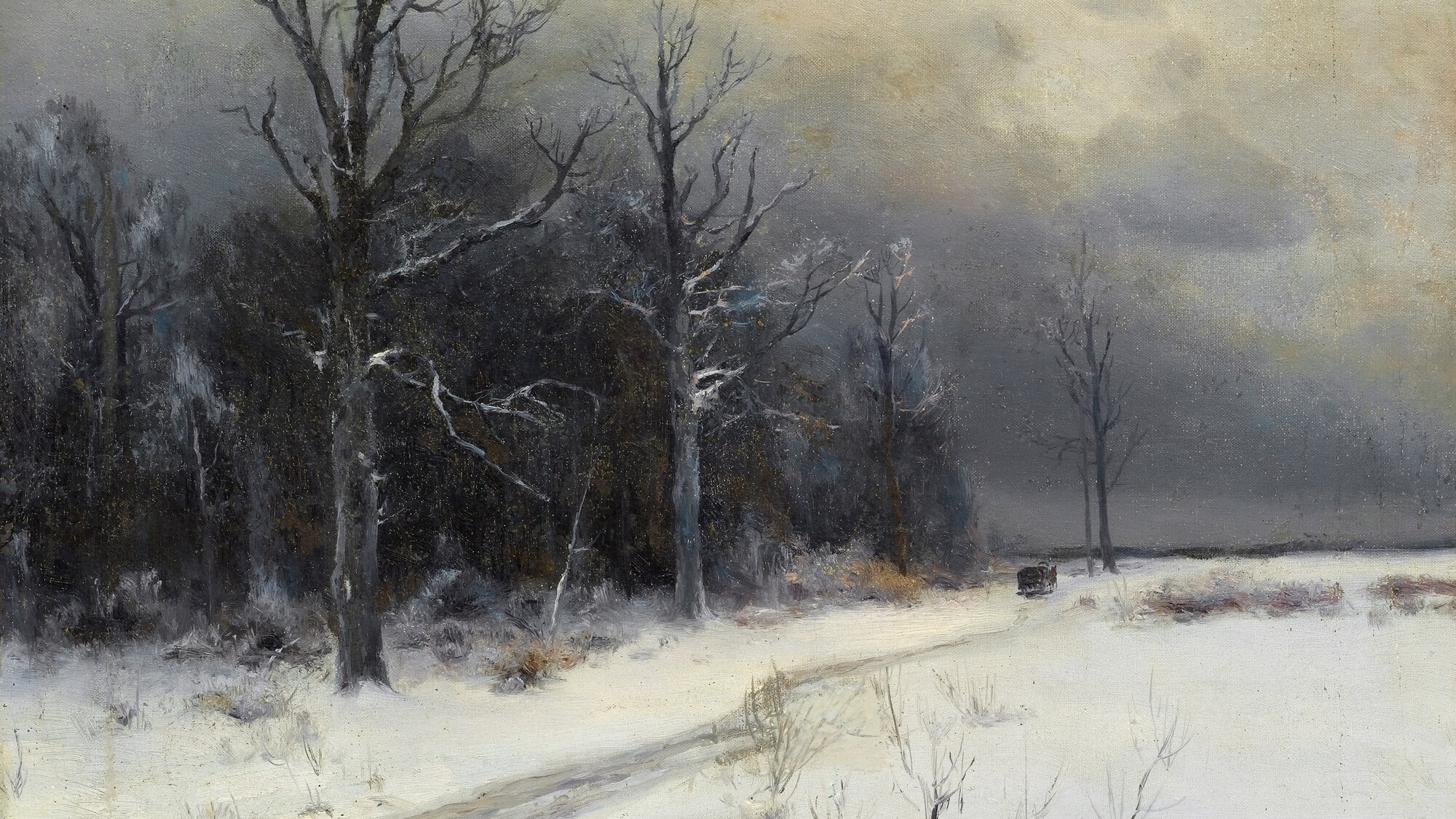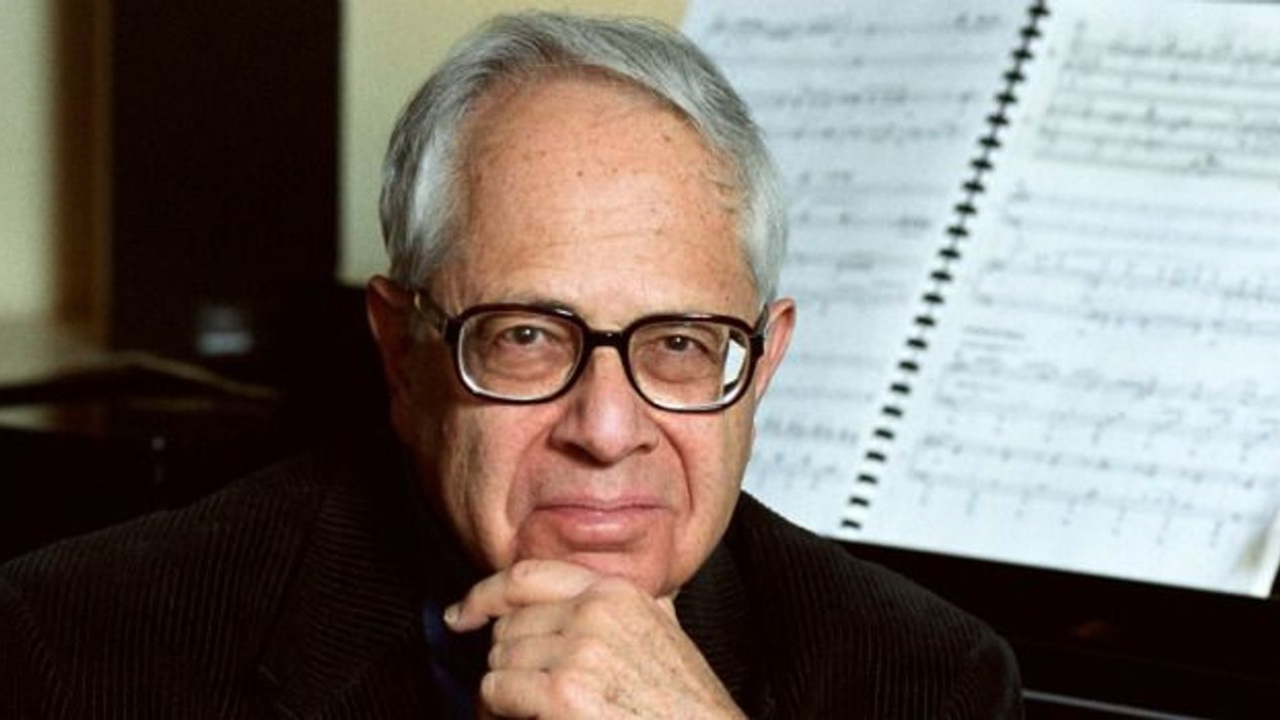Rachmaninov’s Elegie, Op. 3, No. 1: Gary Graffman
Sergei Rachmaninov was 19 when, in 1892, he composed his set of five solo piano Morceaux de fantasie (“Pieces of fantasy”). The collection was dedicated to Anton Arensky, Rachmaninov’s harmony teacher at the Moscow Conservatory. It includes the famous Prelude in C-sharp minor, with its allusion to the Bells of Moscow. Shortly after publication, the young composer gave a copy to Tchaikovsky, who commented on the quality of the work. The set begins …







